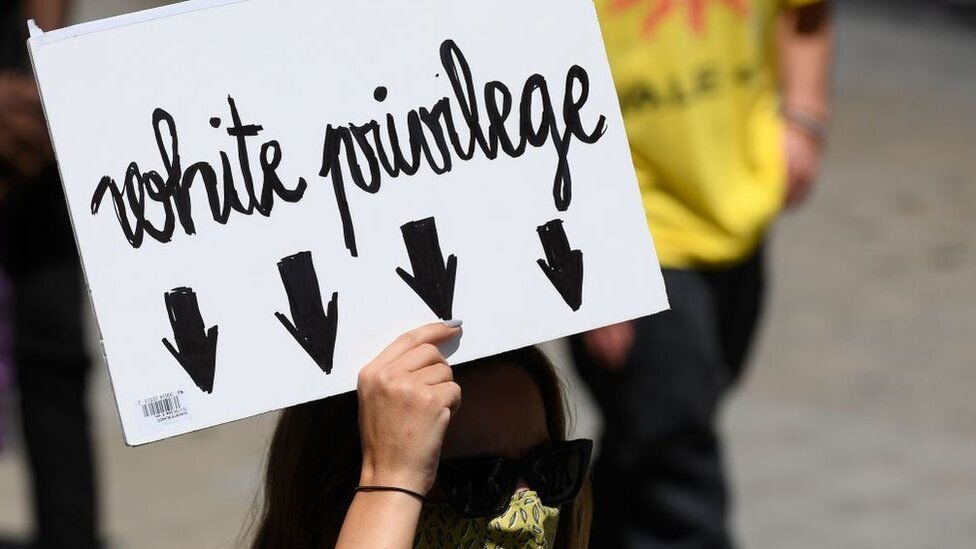Discrimination
Discrimination means to suffer different treatment because of who you are.
Currently the Equality Act 2010 defines most though not all acts of discrimination in the workplace. It is illegal to discriminate against a person on the ground of their gender, pregnancy/maternity, marriage/civil partnership, gender reassignment, sexual orientation, religion or belief, race, disability, age, as a part-time worker and the membership or non-membership of a trade union. These are ‘protected’ by law.
Discrimination can be experienced directly and indirectly.
Direct discrimination is a worker being treated less favourably as a result of an action against them. Harassment, exclusion and victimisation are all examples of this.
Indirect discrimination happens when an employer fails to act, or tolerates actions which create hostility, or impact disproportionately on a group of workers who are identified as ‘protected’ by equality legislation. This type of discrimination may not be obviously identifiable.
If you’re being discriminated against at work we’re here to listen. Join Employees United today. You’ll get immediate advice.




